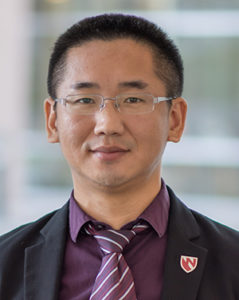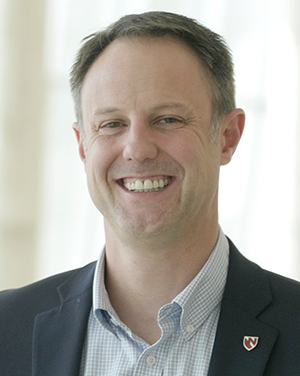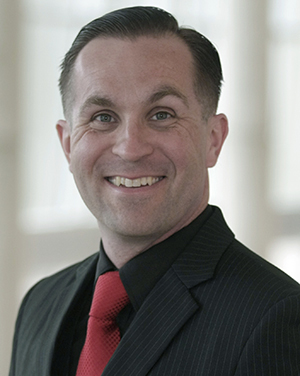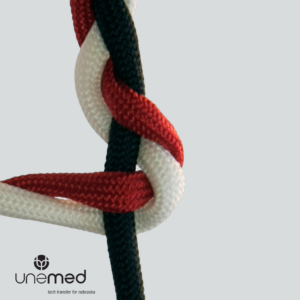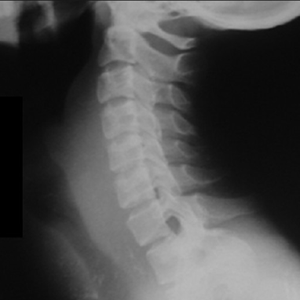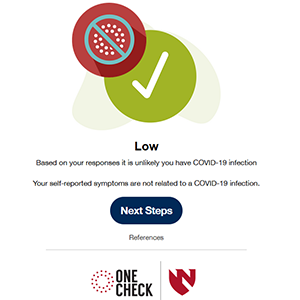 OMAHA, Nebraska (March 8, 2021)—Amid a burgeoning pandemic more than a year ago, Apple, Inc. partnered with the University of Nebraska on a critical challenge.
OMAHA, Nebraska (March 8, 2021)—Amid a burgeoning pandemic more than a year ago, Apple, Inc. partnered with the University of Nebraska on a critical challenge.
“They asked if we had the capacity to co-develop an app to allow anyone to input symptoms, and then learn next steps,” said Harnoor Singh, the Director of Student Development for the Walter Scott, Jr. Scholarship Program at UNO. “And they said, ‘Respond by 4 p.m. today.'”
Challenge accepted.
There was a problem, however: Apple’s deadline to submit a finished app was less than two weeks.
At the time, there was only one other such app on the market: The one produced by software engineers at Apple, no less.
The 1-Check COVID app would become the second…and in record time.
Under normal circumstances, it might take the better part of a year to develop an app. Add another two months for Apple to vet and approve the app.
But a Nebraska team of students, faculty and clinicians developed 1-Check in just 12 days. Then Apple turned around its approval for inclusion in the App Store in a neck-breaking four hours. (The app is also available for Android devices and as a web application that should work with any browser.)
Now, just a few months and more than 30 versions later, the app continues to guide decisions for the state’s largest employer, and will expand its range and reach in a new partnership with an east coast developer, Civilience.
“It was very much a whirlwind from the start,” said Michael Wadman, MD, chairman of UNMC’s Department of Emergency Medicine.
Wadman and his team—Department of Emergency Medicine Executive Vice Chair, Wesley Zeger, DO, and Thang Nguyen, a nurse practitioner in Emergency Medicine with no less than 50 inventions to his credit—cobbled together the algorithms in a flurry of marathon sessions that spanned two days. They continue to update the algorithms at frequent intervals.
Spurred by Chancellor Jeffrey Gold, MD, the plan was to build an app that could help people track symptoms and other circumstances. That information could then offer clues about the likelihood that the user might be sick. More importantly, the app would help provide our public health leaders with community syndromic surveillance and provide the user with the next appropriate steps regarding testing, vaccination, quarantine, etc.
“The app isn’t making a determination that you’re COVID-positive,” said Rod Markin, MD, UNMC’s Vice Chancellor for Business Development and Director of UNeTech. “It’s making a determination if you need to seek input from your healthcare provider.”
Making that determination is the series of algorithms the Wadman team helped create, which are based on their large body of clinical experience with infectious diseases. To the user, the algorithms look like a set of simple questions that ask about symptoms and potential exposures to the novel coronavirus responsible for the pandemic, SARS-CoV-2.
Inside the app, however, it is a little more complex. The app weighs all those answers to score the user’s risk of infection as either high, moderate or low.
The actual coding of the app itself—the design, interface and function—was built by Singh’s Scott Scholar undergraduate students, Grayson Stanton, who majors in Computer Engineering and Mathematics, and two Computer Science majors in Keegan Brown and Carly Cameron.
“We had brand new developers, 18-, 19-, 20-years-old,” said Singh. “One day they’re developing an app, the next day their delivering a report to the governor or executives at Apple.”
He added later: “It’s awesome what you can accomplish when given high-achieving students and real-world problems to solve using a human-centered approach.”
Nebraska’s ability to produce one potential solution to the problem of the day helped the University’s technology transfer and commercialization office in Omaha, UNeMed, attract Civilience as a commercial partner. A virtual company with employees throughout the East Coast, Civilience is a situational awareness-signaling platform providing health security as a lifestyle. The initial focus is on identifying “transmissibility” or infectiousness as a way to help people safely integrate the business of life in a new post-pandemic reality.
“Our partnership with Civilience will allow us to expand the reach and impact of the 1-Check Covid technology and add value to a health security platform that already has users scattered across the globe,” said UNeMed President and CEO, Michael Dixon.
Civilience will roll the app into its portfolio while updating accuracy and expanding functions. The app will enable users to understand at a glance the regional risk of infection in their local area and the risk of infection at a venue such as at an event or store. The app will also help people understand on a personal level their risks both of catching or passing infection to others.
UNMC and Nebraska Medicine will continue to collaborate with Civilience as clinicians learn more about the virus; the disease and conditions it creates; how the infection progresses; and what impacts might be created from additional factors, such as vaccinations or previous COVID-19 infections. To help with that collaboration, Civilience plans to headquarter in Omaha once the pandemic improves.
“Our name combines ‘civil defense’ and ‘resilience,'” said Civilience CEO and founder Rina Singh. “We empower people and their communities by helping them to take informed and incentivized action in the face of challenges, natural or manmade.”
Civilience also expects to build the app into a screener that goes beyond COVID-19. Future plans include screeners for seasonal flu and other emergency-level infections.
Read article
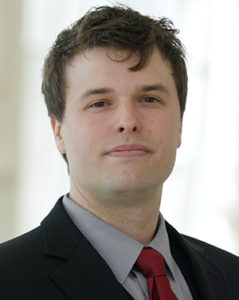


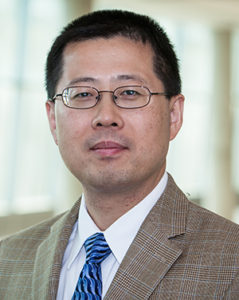
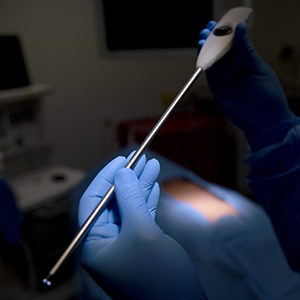
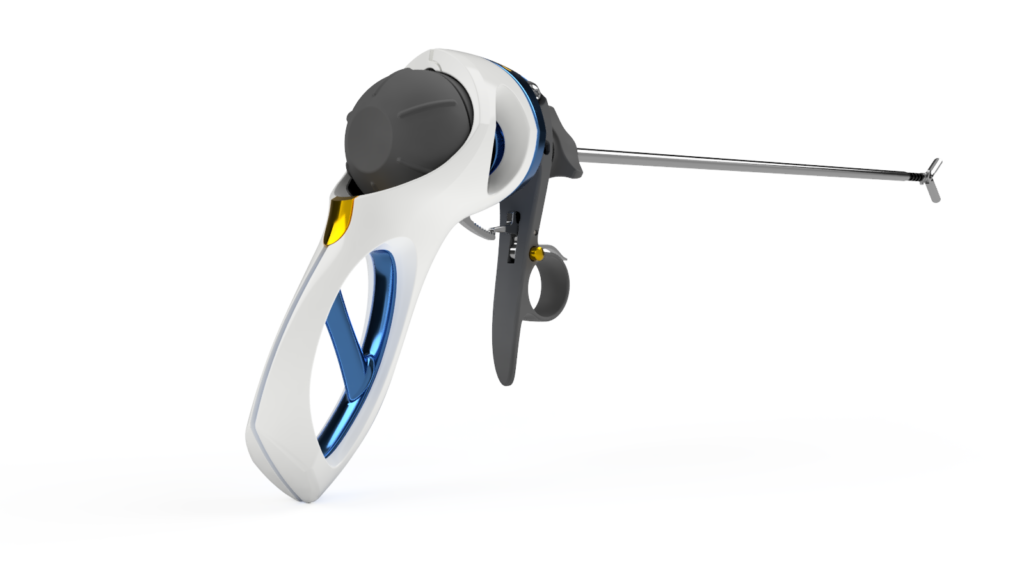
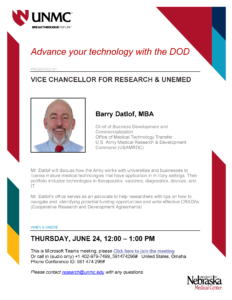


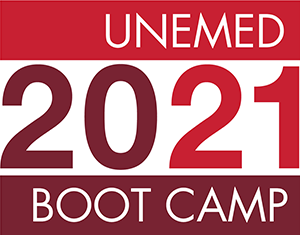
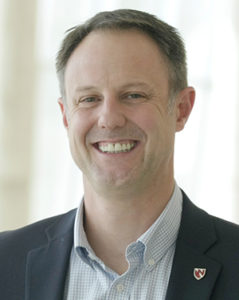

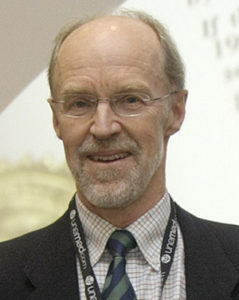
 OMAHA, Nebraska (March 8, 2021)—Amid a burgeoning pandemic more than a year ago, Apple, Inc. partnered with the University of Nebraska on a critical challenge.
OMAHA, Nebraska (March 8, 2021)—Amid a burgeoning pandemic more than a year ago, Apple, Inc. partnered with the University of Nebraska on a critical challenge.


